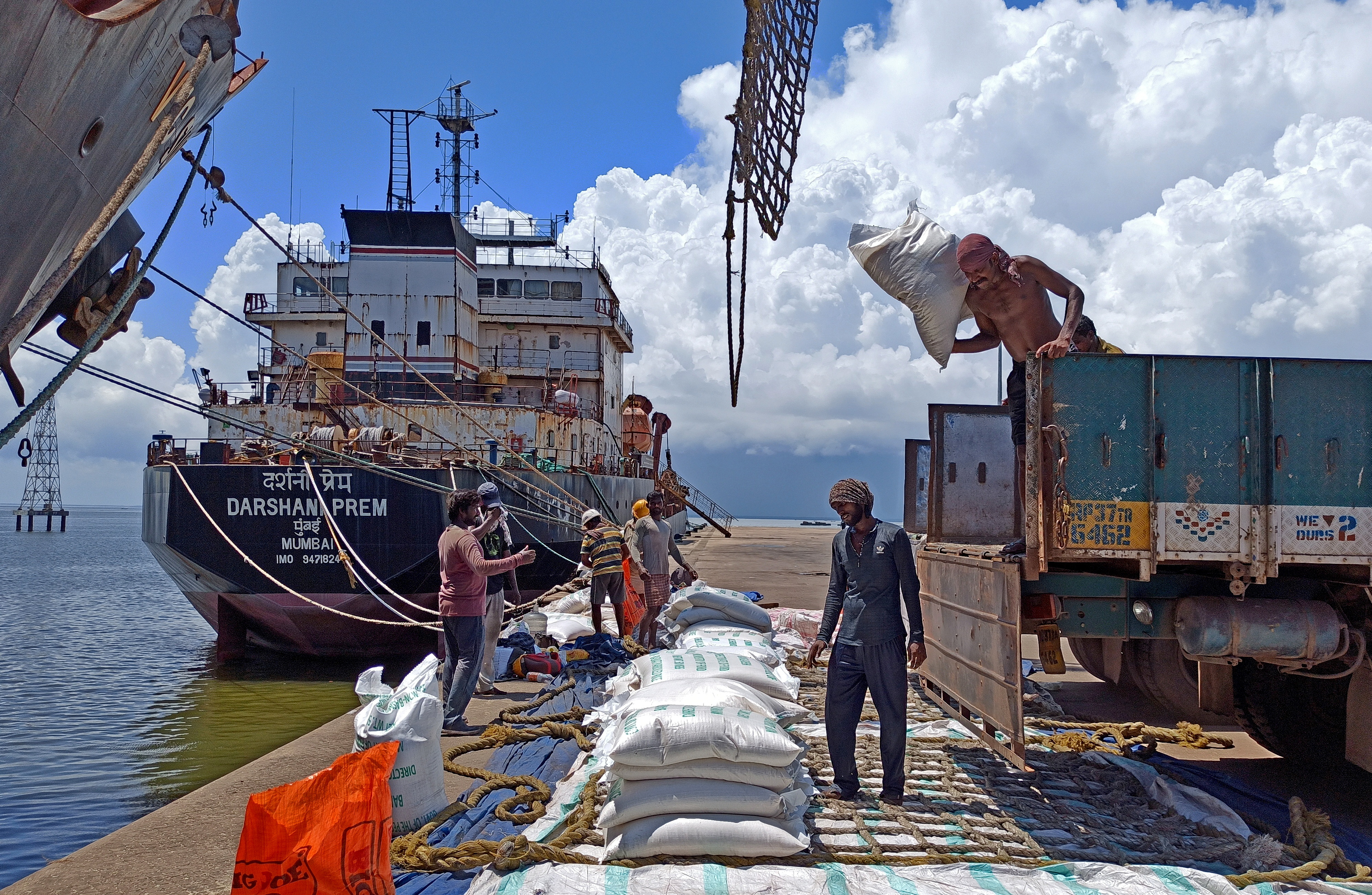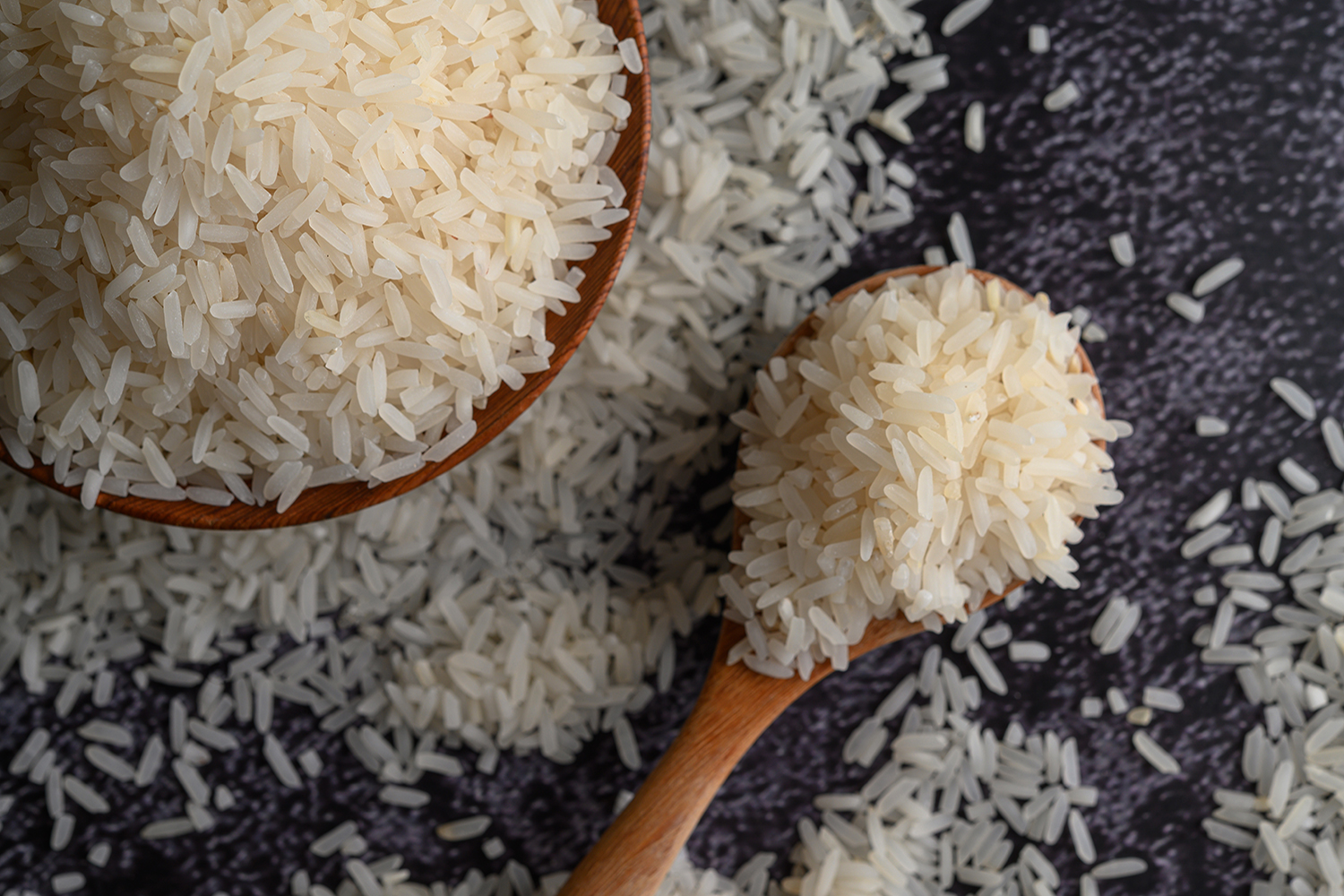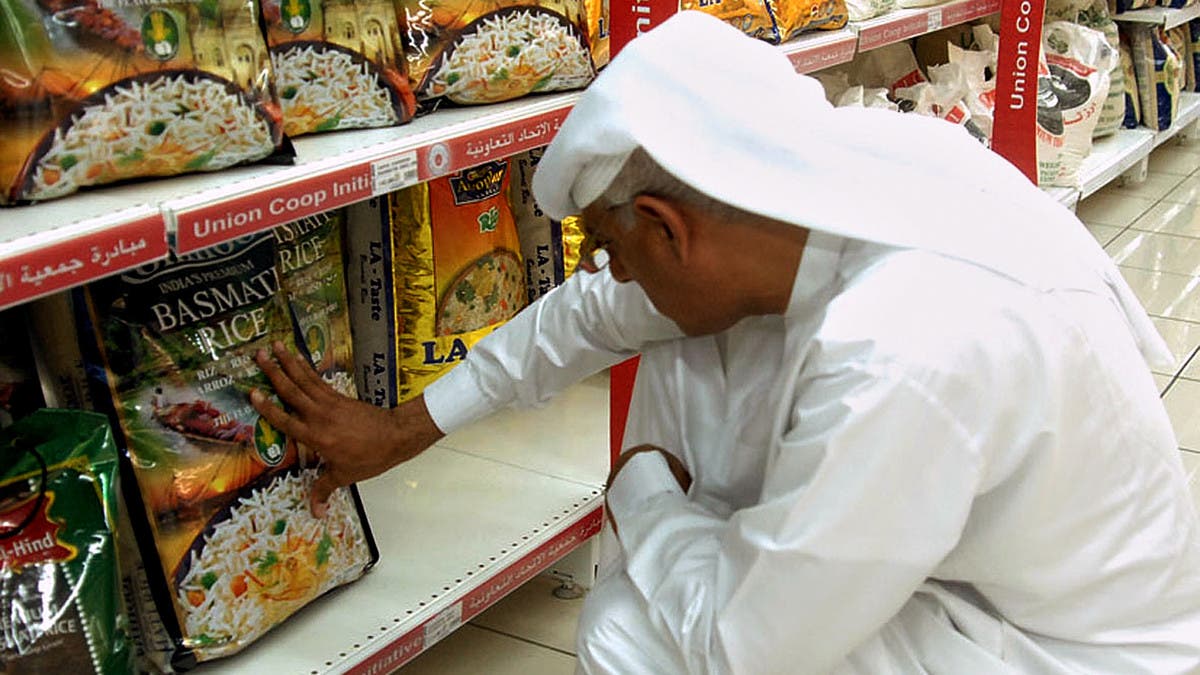India’s 75K Tonnes Non Basmati Rice Export to UAE: Profitable Trade Accord

India’s 75K Tonnes Non Basmati Rice Export to UAE: Profitable Trade Accord
In a significant development in the world of international trade, India has recently exported a whopping 75,000 tonnes of non-basmati rice to the United Arab Emirates (UAE).
This landmark deal underscores the growing economic ties between the two nations and highlights the importance of agriculture as a crucial export sector for India.

On Monday, the government authorised National Cooperative Exports Ltd. (NCEL) to export 75,000 tonnes of non-basmati white rice to the UAE.Despite the export restriction on rice, India ships rice to friendly and nearby nations upon their request to satisfy their needs for food security.
“Export of 75,000 MT of Non-Basmati White Rice (under HS code 1006 30 90) to UAE is permitted through NCEL,” the Directorate General of Foreign Trade (DGFT) stated in a statement.Broken rice was formerly allowed to be exported to Senegal (5 lakh tonnes), Gambia (5 lakh tonnes), Indonesia (2 lakh tonnes), Mali (1 lakh tonnes), and Bhutan (48,804 tonnes).
Non-basmati rice, often considered the staple food of millions across the globe, is a major agricultural commodity in India.

Known for its affordability and versatility in various culinary traditions, it has gained international recognition and is in high demand worldwide.
The UAE, being one of the fastest-growing economies in the Middle East, has a diverse population with a significant expatriate workforce that relies heavily on rice in their daily diets.
The recent export of 75,000 tonnes of non-basmati rice from India to the UAE marks a remarkable achievement for both nations. This export surge is primarily attributed to several factors:
- Growing Demand: UAE’s diverse population, consisting of people from various countries, has led to an increasing demand for non-basmati rice, which is commonly used in a wide range of dishes.
- Economic Ties: India and the UAE have been strengthening their economic ties over the years, resulting in increased trade relations. This rice export deal is yet another testament to their burgeoning partnership.
- Quality Assurance: Indian rice producers have been consistently working on improving the quality of non-basmati rice, meeting international standards and ensuring food safety, which has boosted their export potential.

This trade deal is expected to provide a substantial boost to India’s agricultural sector. Non-basmati rice is a major agricultural export commodity, and increased exports mean higher revenue for farmers and the government.Diversifying its export portfolio is a smart move for India. Depending on a single export product, like basmati rice, can be risky. Expanding non-basmati rice exports opens new avenues and reduces dependency on a single commodity.
Successful trade deals like this enhance India’s global image as a reliable supplier of agricultural products. It can pave the way for more such agreements with other nations.

The UAE has been working to enhance its food security, and importing non-basmati rice from India diversifies its sources of staple food, reducing the vulnerability associated with depending on a single supplier.The import of Indian non-basmati rice contributes to the UAE’s economic growth, especially in the food sector. This trade relationship fosters economic development and stability in the UAE.
UAE’s diverse population enjoys a wide variety of cuisines that incorporate non-basmati rice. This trade deal aligns with their cultural preferences and provides access to a staple food source.
Ensuring a smooth supply chain and efficient transportation of 75,000 tonnes of rice is a logistical challenge that both India and the UAE must overcome.Maintaining the quality of the rice during transportation and storage is crucial to meet the expectations of consumers in the UAE.
As the demand for non-basmati rice in the UAE grows, competition among rice-exporting nations may increase. India must continue to provide competitive pricing and quality to maintain its market share.Both countries should explore sustainable farming practices to ensure long-term availability of rice and reduce the environmental impact of rice cultivation.

The export of 75,000 tonnes of non-basmati rice from India to the UAE is a testament to the strengthening economic ties between the two nations.
It not only benefits the economies of both countries but also underscores the importance of agriculture as a critical export sector for India.
With careful attention to logistics, quality control, and sustainability, this trade deal can serve as a model for future collaborations between India and the UAE, contributing to the prosperity and food security of both nations.




